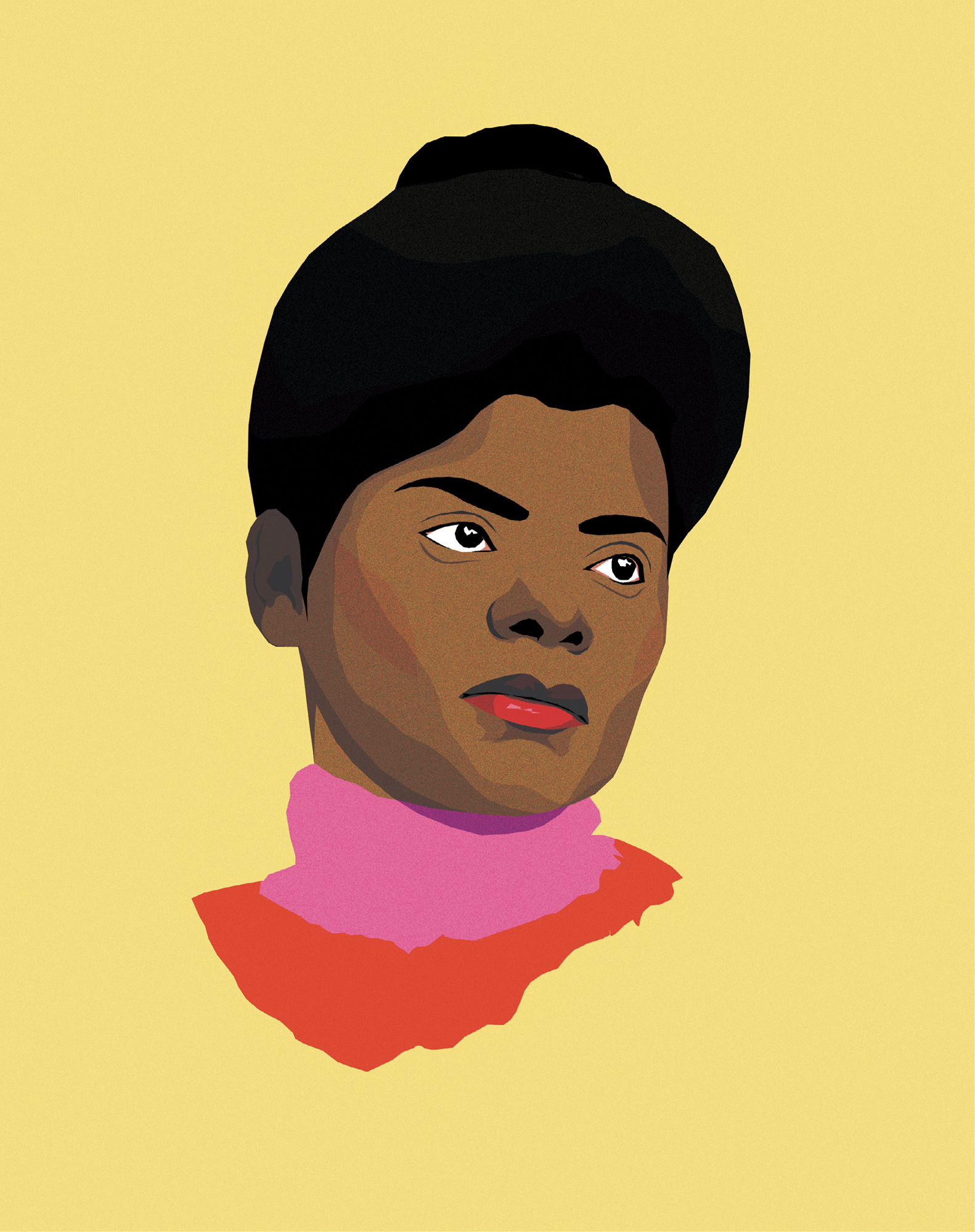CONTENTS
Guide
ALSO BY MICHELLE DUSTER
Ida In Her Own Words
Ida From Abroad
Michelle Obamas Impact on African American Women and Girls
Shifts: An Anthology of Womens Growth Through Change
Tate and His Historic Dream
Exploring Our History
Impact: Personal Portraits of Activism

An Imprint of Simon & Schuster, Inc.
1230 Avenue of the Americas
New York, NY 10020
www.SimonandSchuster.com
Copyright 2021 by Michelle Duster
All rights reserved, including the right to reproduce this book or portions thereof in any form whatsoever. For information, address Atria Books Subsidiary Rights Department, 1230 Avenue of the Americas, New York, NY 10020.
First One Signal Publishers/Atria Books hardcover edition January 2021
 and colophon are trademarks of Simon & Schuster, Inc.
and colophon are trademarks of Simon & Schuster, Inc.
For information about special discounts for bulk purchases, please contact Simon & Schuster Special Sales at 1-866-506-1949 or .
The Simon & Schuster Speakers Bureau can bring authors to your live event. For more information or to book an event, contact the Simon & Schuster Speakers Bureau at 1-866-248-3049 or visit our website at www.simonspeakers.com.
Interior design by Elizabeth Van Itallie
Cover design by Laywan Kwan
Cover illustration by Monica Ahanonu
Library of Congress Cataloging-in-Publication Data is available on file
ISBN 978-1-9821-2981-1
ISBN 978-1-9821-2982-8 (ebook)
To all who refuse to be silent in the face of injustice. Stay strong.
I. Who Was Ida B. Wells?
There must always be a remedy for wrong and injustice if we only know how to find it.
Ida B. Wells
Dangerous Negro Agitator
I n the late 1910s, the Federal Bureau of Investigation updated its file that tracked a woman whod been born into slavery in Holly Springs, Mississippi. This second report, registered the year after her FBI file was first created, came with a decisive declaration about Ida B. Wells-Barnett:
We have on file quite a few reports from different cities, where she has addressed meetings of colored people and endeavored to impress upon them that they are a downtrodden race and that now is the time for them to demand and secure their proper position in the world. She is a very effective speaker and her influence among the colored race is well recognized.
I believe she is considered by all of the Intelligence officers as one of the most dangerous negro agitators, and it would seem that her case should be considered very carefully before she is given a passport to the Peace Conference.
The strongly worded letter worked. Ida, among several others, was denied the passport she would need to travel to an overseas conference that had been organized after the end of World War I. She believed African Americans deserved a representative at the Peace Conference in Paris, and that any written resolution should include a racial equality clause.
Though neither President Woodrow Wilson nor the FBI agreed with her, the need for this clause seemed obvious to Ida: How could American delegates travel to France to discuss the importance of peace when their own country treated a whole race of its own citizens so poorly?
Born in 1862, Ida B. Wells-Barnett dedicated her life to exposing the hypocrisy at the core of Americas vision of itself. How could the so-called land of the free be somewhere that saw the lynchings of countless Black people? How could a country that called itself a world leader be so far behind others in its treatment of women?
These were difficult questions, and Ida addressed them in multiple ways, over decades. She wrote articles that took up causes big and small; she gave speeches around the country and across the ocean over the course of her life that earned her plenty of enemies. Like many other African American activists throughout history, Ida was branded radical for speaking out against racism, sexism, economic exploitation, and lawlessness.
Throughout her life, Ida accomplished an awe-inspiring set of achievements. She edited and co-owned newspapers at a time when Black people, and especially Black women, faced tremendous barriers. She wrote influential articles decrying the Jim Crow laws that enforced racial segregation. She led campaigns against the everyday violence that struck terror in the hearts of Black people around the country: while living in Memphis in 1892, at the age of thirty, she urged African Americans to leave the town after a heinous killing of three Black men whod been seized by a mob of dozens of white men. The only thing the men were guilty of was owning a successful business that economically threatened their white counterpart.
Ida was shaken by the deaths of these men, who had been her friends, and resolved to crusade against the routine horror of lynchings. She became a pioneer in what we think of now as investigative journalism, interviewing people associated with lynchings in any capacity and attempting to secure justice for victims even when police seemed disinterested in their cases. She wouldnt rest until the truths were made public: Black men, and women, were being targeted for crimes as minor as being saucy to white people. Time and time again, the mobs of white people who killed them were never held accountable.
The abolitionist Frederick Douglass, whose own autobiography became a seminal antislavery text, wrote her a letter in 1892 expressing his profound appreciation of her writings. Ida used this moment to bolster the work of protecting her community, too. She published Douglasss letter in her pamphlet Southern Horrors: Lynch Law in All Its Phases. It read, in part:
Dear Miss Wells:
Let me give you thanks for your faithful paper on the lynch abomination now generally practiced against colored people in the South. There has been no word equal to it in convincing power. I have spoken, but my word is feeble in comparison. You give us what you know and testify from actual knowledge. You have dealt with the facts with cool, painstaking fidelity and left those naked and uncontradicted facts to speak for themselves.
Brave woman! you have done your people and mine a service which can neither be weighed nor measured. If American conscience were only half alive, if the American church and clergy were only half christianized, if American moral sensibility were not hardened by persistent infliction of outrage and crime against colored people, a scream of horror, shame and indignation would rise to Heaven wherever your pamphlet shall be read.
Ida worked alongside and often challenged the views of Douglass, as well as those of her contemporaries. Along with W. E. B. Du Bois and Mary Church Terrell, Ida was one of the founders of the National Association for the Advancement of Colored People (NAACP). Madam C. J. Walker provided support for the antilynching efforts. Ida supported Marcus Garvey with his Universal Negro Improvement Association. She also worked closely with William Monroe Trotter and his National Equal Rights League. She traveled far and wide across the United States and the United Kingdom speaking about lynching in her fight for justice.







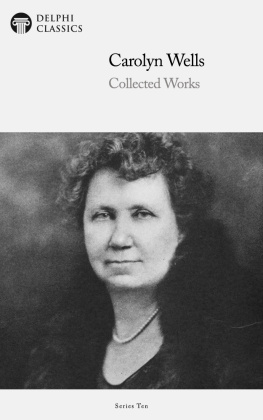

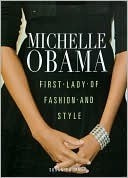
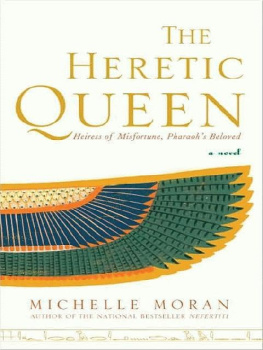
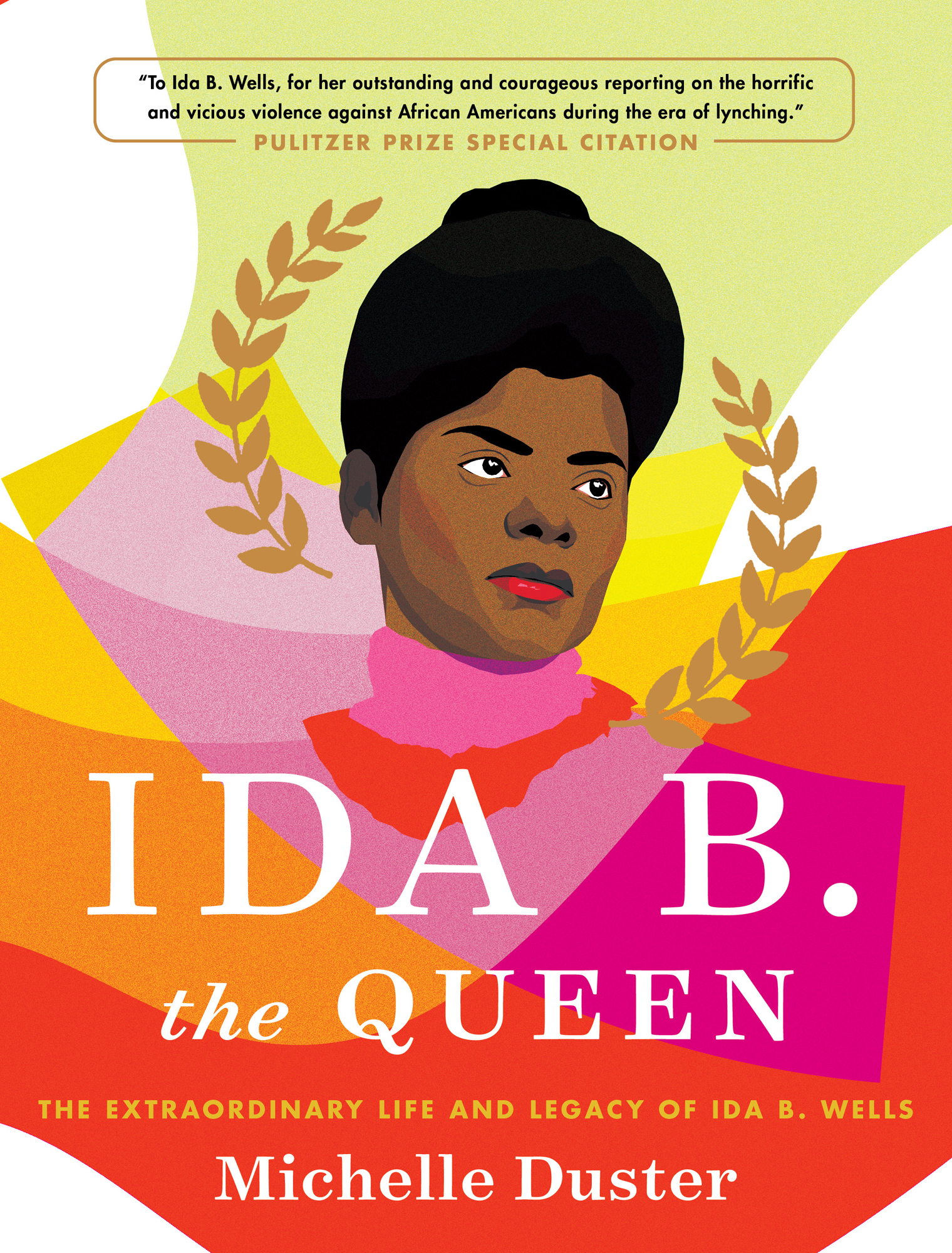


 and colophon are trademarks of Simon & Schuster, Inc.
and colophon are trademarks of Simon & Schuster, Inc.